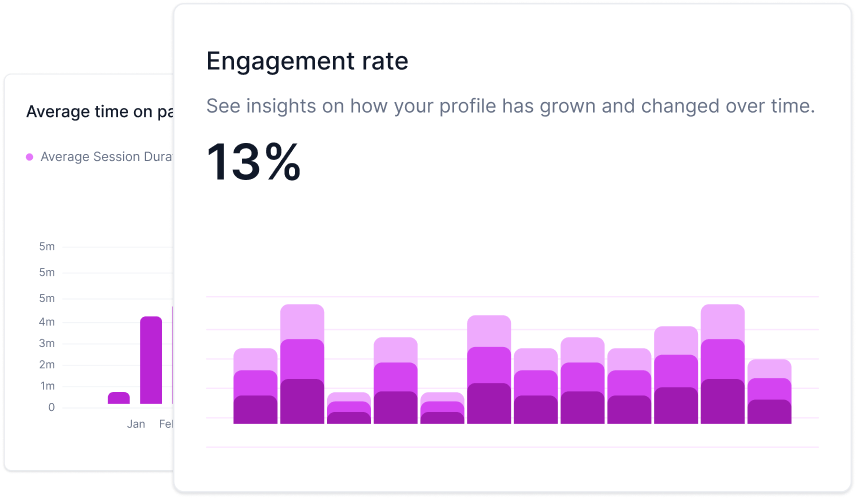What is Target Audience?
A target audience refers to a specific and well-defined group of individuals or potential customers whom a business or entity aims to reach with its products, services, or messaging. This audience is characterized by certain shared demographic, psychographic, or behavioral traits that make them the most likely and valuable recipients of the offerings or communications. Identifying and understanding the target audience is a fundamental step in marketing and communication strategies to ensure that efforts are tailored to resonate with and engage the most relevant audience segment.
Who is my target audience?
Your target audience isn't a vague, faceless crowd—it's a finely defined group of individuals who are most likely to be interested in what you offer. Picture them as the audience at a theater, eagerly awaiting a performance that speaks directly to their interests, needs, and desires.
Your target audience can be described based on various factors:
- Demographics: Age, gender, location, income, and education level.
- Psychographics: Their values, interests, lifestyle, and personality.
- Behaviors: Their buying habits, online behaviors, and interactions with your content or products.
For example, if you sell high-end fitness equipment, your target audience might be affluent individuals aged 30-50, who are health-conscious, value quality, and engage in regular exercise.
How can I identify my target audience?
Discovering your target audience is like detective work, and here's your toolkit:
- Market Research: Investigate your industry and competitors. Who are they targeting, and is there an underserved niche?
- Customer Surveys: Ask your existing customers about their preferences, pain points, and what led them to choose your product or service.
- Analytics: Dive into data from your website, social media, and email campaigns. Who's engaging the most?
- Persona Development: Create detailed customer personas that embody your ideal audience members. Give them names, faces, and stories to make them come alive.
For instance, you might find that your most engaged customers are young urban professionals who value convenience and are willing to pay a premium for time-saving solutions.
Why is understanding my target audience important?
Imagine trying to hit a bullseye in the dark. You might get lucky, but it's unlikely. Similarly, without a clear understanding of your target audience, your marketing efforts are essentially shots in the dark. Here's why understanding your audience is essential:
- Tailored Messaging: Knowing your audience's preferences and pain points allows you to craft messages that resonate. You can speak directly to their needs, making your communication more compelling.
- Efficient Resource Allocation: You can focus your marketing budget and efforts where they'll have the most impact. No more wasting resources on broad, uninterested audiences.
- Higher Conversion Rates: When your message speaks directly to your audience, you'll see higher conversion rates, whether it's making a sale, gaining a subscriber, or getting a click.

